The system has been designed by the project to detect defects generated by corrosion in oil and gas installations.
The setup of a pipeline demonstrator designed by members of the CUIDETEC (Corrosion Under Insulation DETECtion and prediction in steel pipes) project consortium is ready and has been operating at CIDETEC Surface Engineering facilities for already 1 year. This Project aims to develop a procedure for the maintenance of oil and gas installations based in an automated system with hardware and software tools for the management of the pipelines and equipment integrity affected by Corrosion Under Insulation (CUI). The system has been designed to detect, localize, and quantify defects generated by corrosion.
The demonstrator is currently installed on the terrace of CIDETEC Surface Engineering building. Prior to the heat-insulation setup, artificial defects were generated on the pipes to simulate the CUI. This demonstrator undergoes thermal cycles, simulating the conditions of an operating pipeline in the oil and gas sector.
Detection tests of corrosion defects have been carried out by using Non-Destructive Techniques, including a pulsed current transducer and an electromagnetic acoustic transducer which, combined, allow to measure through the insulation, estimate the defects dimensions due to CUI and generate a mapping of the wall thickness over the detected areas. The defects have been successfully identified by the sensor coupled to a robot which allows it to move across the pipeline and is also able to rotate 360 degrees.
CUIDETEC is an international project whose participants are Innerspec Technologies UK, Helmholtz-Zentrum Hereon GmbH, Nuromedia GmbH, Robolan robotic engineering, Design Business & Verification Services (DBV), and CIDETEC Surface Engineering.
This Project is funded by the joint program Eurostars-3 with co-funding of CDTI, and the Research and Innovation Europe Horizon Framework Program of the European Union. Its execution period started in January of 2023 and will end in December of 2024.
A project progress meeting was hosted by CIDETEC Surface Engineering last October.









